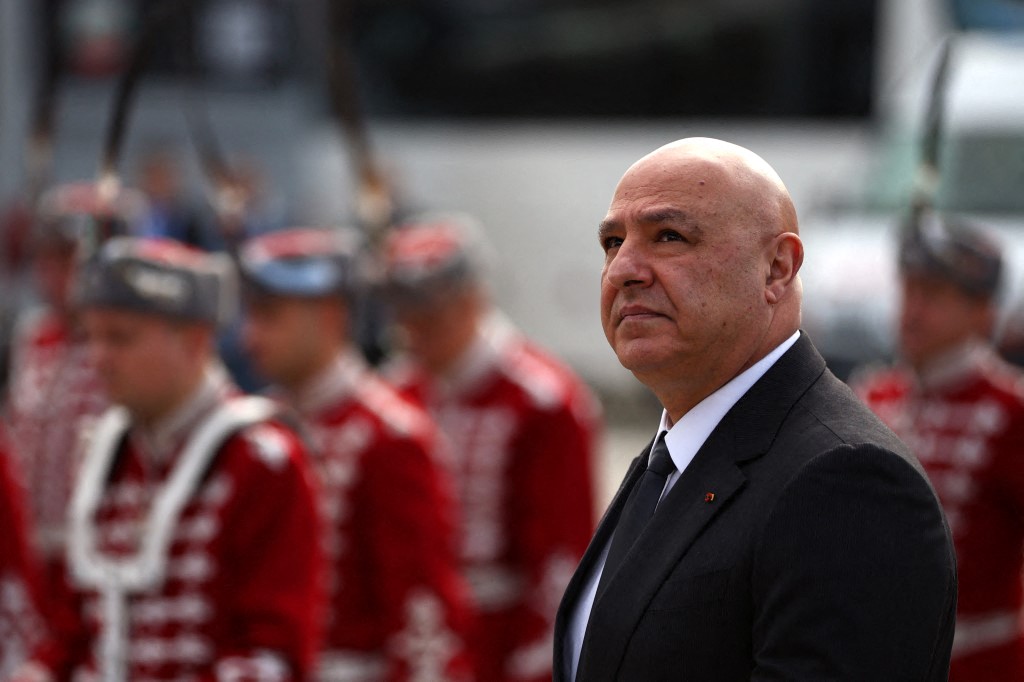Since he assumed the command of the Army, President Joseph Aoun has known that politics in Lebanon is tainted and taints most of those who engage in it, except for those among them who have an ethical deterrent instilled in them from a young age in their parental home, ingrained in them at school, and refined by a keen social conscience. To be frank, these people do exist, but their numbers are very small. They are an endangered breed, not only in Lebanon but throughout the entire world.
Since his election as President of the Republic, General Joseph Aoun has experienced firsthand the vast difference between leading the Army—an institution representing discipline, integrity, and sacrifice for the nation—and the presidency of the republic—a position stripped of its core powers by political bargaining, constrained by the necessity of partnership at times and often, bowing to the status quo.
Therefore, it is not surprising that the President feels frustrated when he realizes that he has promised more than he can deliver and that he has bitten more than he can chew, or at least deliver according to the required urgency or with the same alacrity while in the Army.
It is also not surprising that the President is annoyed by what he called "bad-mouthing against other Lebanese." When he received the Lebanese Press Editors' Syndicate, the President expressed his displeasure that Lebanese individuals, most likely politicians, go to Washington, D.C., the decision-making capital of the world, and "bad-mouth" or spread their venom to those they meet, at whatever level, against the government's policies, giving negative impressions about the performance of the Lebanese government, thus serving their narrow partisan interests.
It is also not surprising that the President defends the Army against claims that it has fallen short in its duties. He was clear when he enumerated the tasks required of the Army despite its limited capabilities.
We are surprised that the President has been so patient so far, even though his election was a necessity, considering that the circumstances following the election had a predominant security character that requires a leader with military and security experience.
We are also surprised that the President sees what the government has achieved as considerable accomplishments, while the urgency of the situation required the government to be faster in its actions, more resolute in its decisions, and more committed to the decisions it makes and the mechanisms it adopts.
We are waiting for the President to move from resentment and complaint to action. Indeed, we had expected him to be more modest in his promises and pledges, promising little and delivering a lot.
The situation Lebanon is going through, especially since the vacancy of the presidency, is an exceptional and emergency circumstance, particularly after "Hezbollah" alone decided to commit suicide and drag Lebanon down with it. This emergency circumstance requires the Council of Ministers to keep its sessions open, not to meet once a week or at most twice in certain weeks.
The President has said more than once that he wants nothing for himself. And we believe that the strongest official is the one who wants nothing for himself. But words alone are not enough.
Let us remember what President Fouad Chehab and President Elias Sarkis did when they faced political resistance to their reform programs. A single decision from each of them forced the entire political class to align behind them.
And we are waiting for decisions of this conclusive nature.
Please post your comments on:
[email protected]
 Politics
Politics








